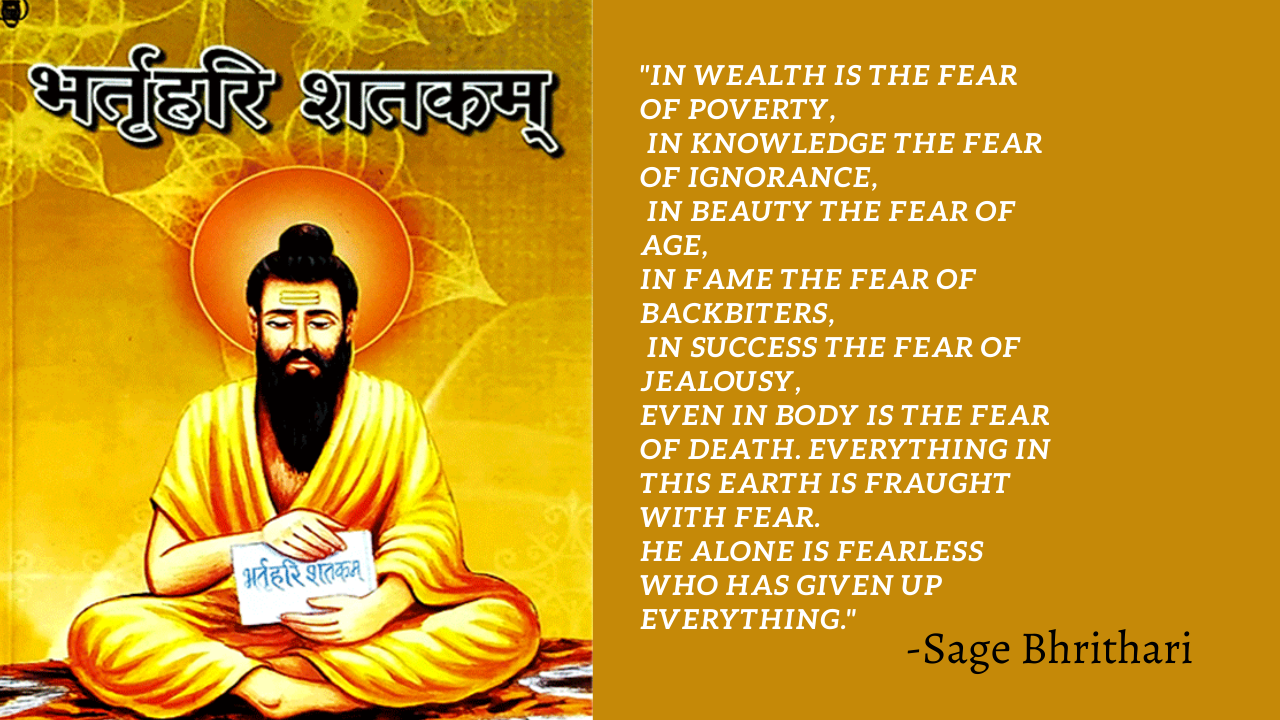V Krishnamurthy - The Father of Indian PSUs.
When India achieved independence in 1947, it was primarily an agrarian entity, with a weak industrial base.
Every economy whether it is agrarian, industrial or post-industrial, needs suitable levels of infrastructure such as power, transportation and communication. Without their healthy presence and expansion, no economy can grow and develop.
India had opted for the industrial sector as its prime moving force. Now there were some areas of industries which the government had to invest in, due to several compulsive reasons.
For industrialisation and its success, every economy needs the healthy presence of some basic industries', which are also known as the 'infrastructure industries'. There are six basic industries which every industrialising economy requires, namely
(i) Iron and Steel
(ii) Cement
(iii) Coal
(iv) Crude oil
(v) Oil refining and
(vi) Electricity
Similar to the infrastructure sector, these basic industries also require high level of capital, technology, skilled manpower and articulation in entrepreneurship which was again considered not feasible for the private sector of the time to manage. Even if the private sector supplied goods from the 'basic industries', they might not be able to sell their products in the market due to the lower purchasing power of the consumers. Perhaps, that is why again the responsibility of developing the basic industries was taken up by the government.
The first Prime Minister of India, Jawaharlal Nehru, promoted an economic policy based on import substitution industrialisation and advocated a mixed economy. He believed that the establishment of basic and heavy industry was fundamental to the development and modernisation of the Indian economy. India's second five year plan (1956–60) and the Industrial Policy Resolution of 1956 emphasized the development of public sector enterprises to meet Nehru's national industrialisation policy. Herein was laid the foundation of the PSUs of India - Public Sector Undertakings.
Public Sector Undertakings (PSUs) are government owned establishments in which the Government of India or State government has ownership.
The PSUs aimed to meet India's infrastructural needs and industrial needs. The PSUs were also seen as an important part of the employment generation strategy. A government in a democratic set up cannot think only economics, but it has to realise the socio-political dimensions of the nation too.
After our independence, clearly Nehru was a man in a hurry to create the structure of a Modern State and a strong and forward looking economy. But who actually carry forward his vision the best? V Krishnamurthy. A lesser known name, but the very father of PSUs.
Venkataraman Krishnamurthy was an Indian civil servant. V. Krishnamurthy is known as the "Father of Public sector undertakings in India" for his leadership and successful contribution in turning around Bharat Heavy Electricals Limited (BHEL), Maruti Udyog Limited (MUL), Steel Authority of India Limited (SAIL), and GAIL (India) Limited (GAIL) into the most profit making industry in India and globally.
He was also the Chairman of IIM Bangalore and Ahmedabad; IIT Delhi; Xavier Institute of Management, Bhubaneswar; and the Centre for Organization Development, Hyderabad.
Krishnamurthy started his professional journey in World War II as an airfield technician, followed by a diploma in electrical engineering.
Then he worked for the Madras Electricity Board and rose through the ranks.
He gained recognition from PM Jawaharlal Nehru in 1954 and was appointed to the Planning Commission in charge of power projects.
When he later helped save Bharat Heavy Electricals Limited (BHEL) from its impending demise, it altered Prime Minister Indira Gandhi's perception that Indian managers could not handle large organizations.
Krishnamurthy was the founding Chairman of Maruti Udyog Limited (now Maruti Suzuki India). With Maruti 800, he marked the dawn of the modern age in India's automobile industry.
From a failing company, he turned around the Steel Authority of India (SAIL) into a leader in the industry. He was also at the helm of GAIL as its Chairman & CEO from 1985-90.
In addition to the Padma Shri (1973) and Padma Bhushan (1986), he was awarded the Padma Vibhushan in 2007, the second-highest civilian award in India for his services.
The Grand Cordon of the Order of the Rising Sun, Japan's highest civilian award, was presented to him in 2009 for his contributions to promoting bilateral economic relations between Japan and India.
Friends, what I learnt knowing about V Krishnamurthy is that when one has a passion to spark progress, stimulate growth and has an extreme desire to serve his society, he need not be a Prime Minister, or any pompy political figure.
Look, I have decided this. From now on if someone asks me What do you want to be in future? I will not say 'Politician' anymore. I will proudly say, 'A leader, a guide, a comrade in development.'
By saying leader, I do not refer to any tyrannic dictator whom everyone ought to obey, but a person whom public can trust, and the one who can lead the society constructively as well as transparently.
I mean, like, anyone can be a leader. Each one of us is a leader. By doing the best in what we like, we lead our society towards progress.
Nation-building is simply not a single-player sport. It takes countless bold people to lead the forefront. Therefore, people, let us realise our collective strength. The moment we will manifest it one hundred percent, we will descend all the seven heavens on this very earth in our country.
Jai Hind,
Daksh Parekh.











Comments
Post a Comment